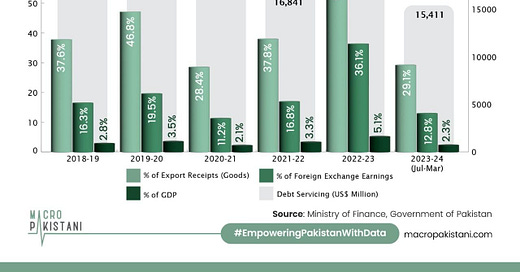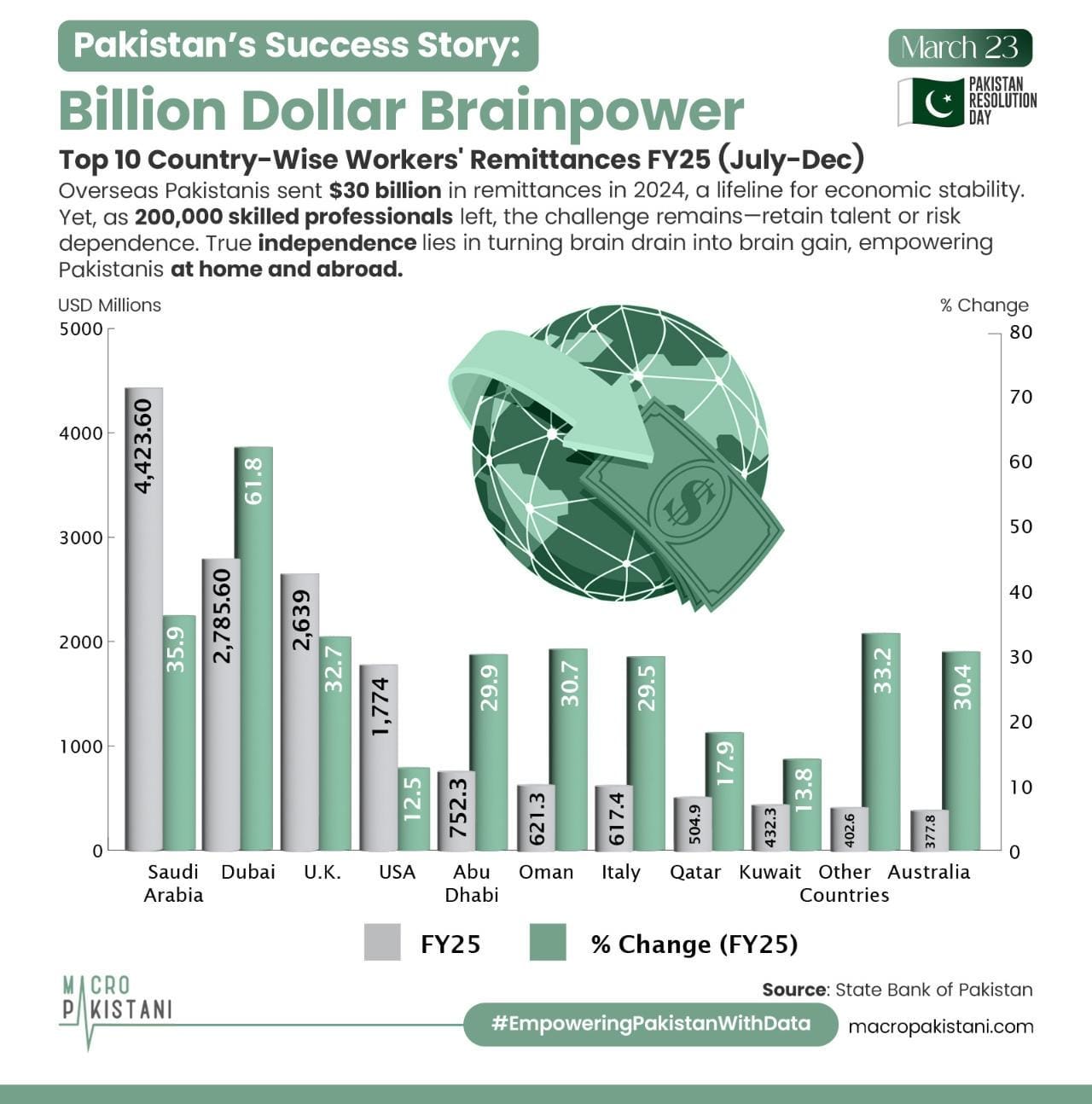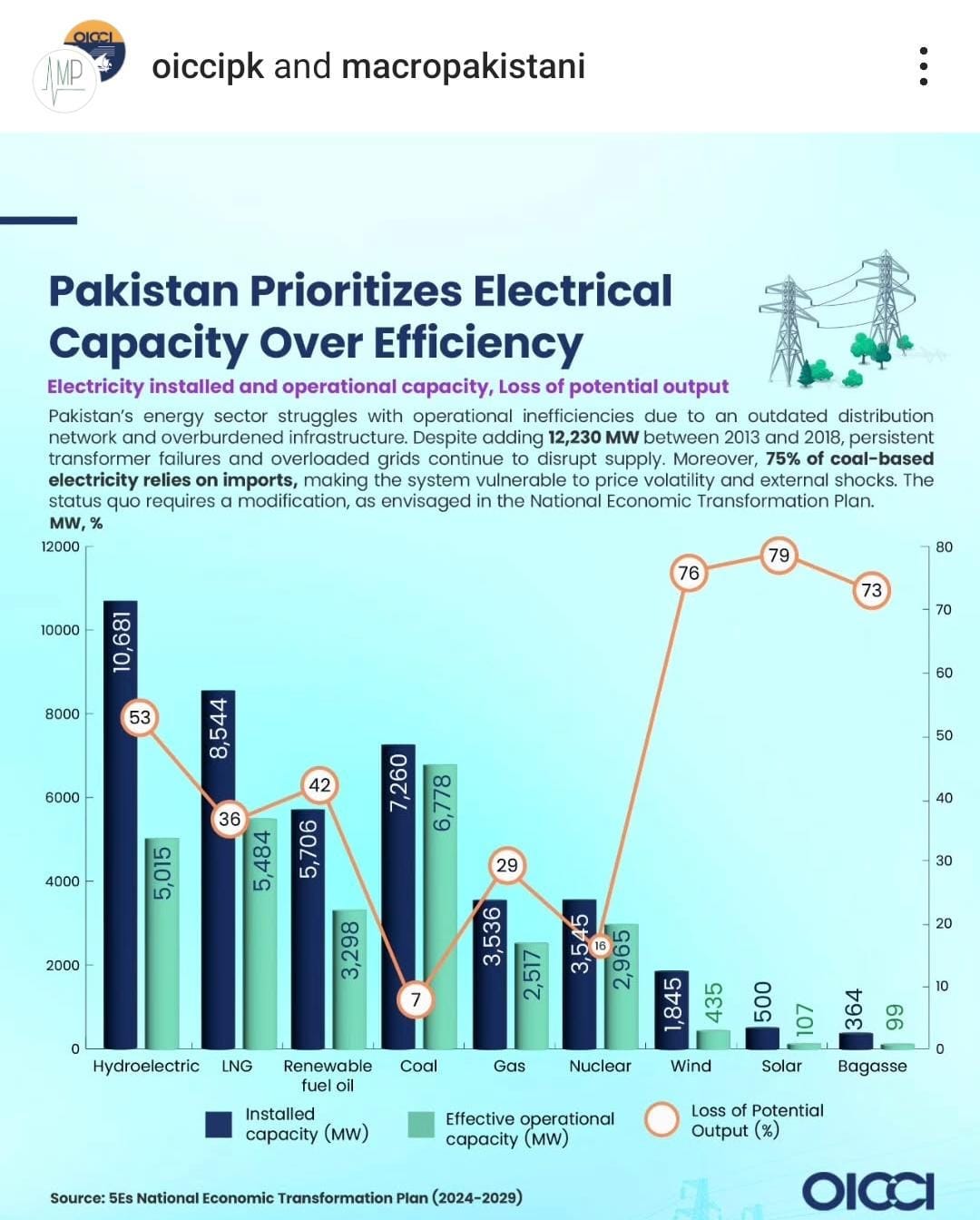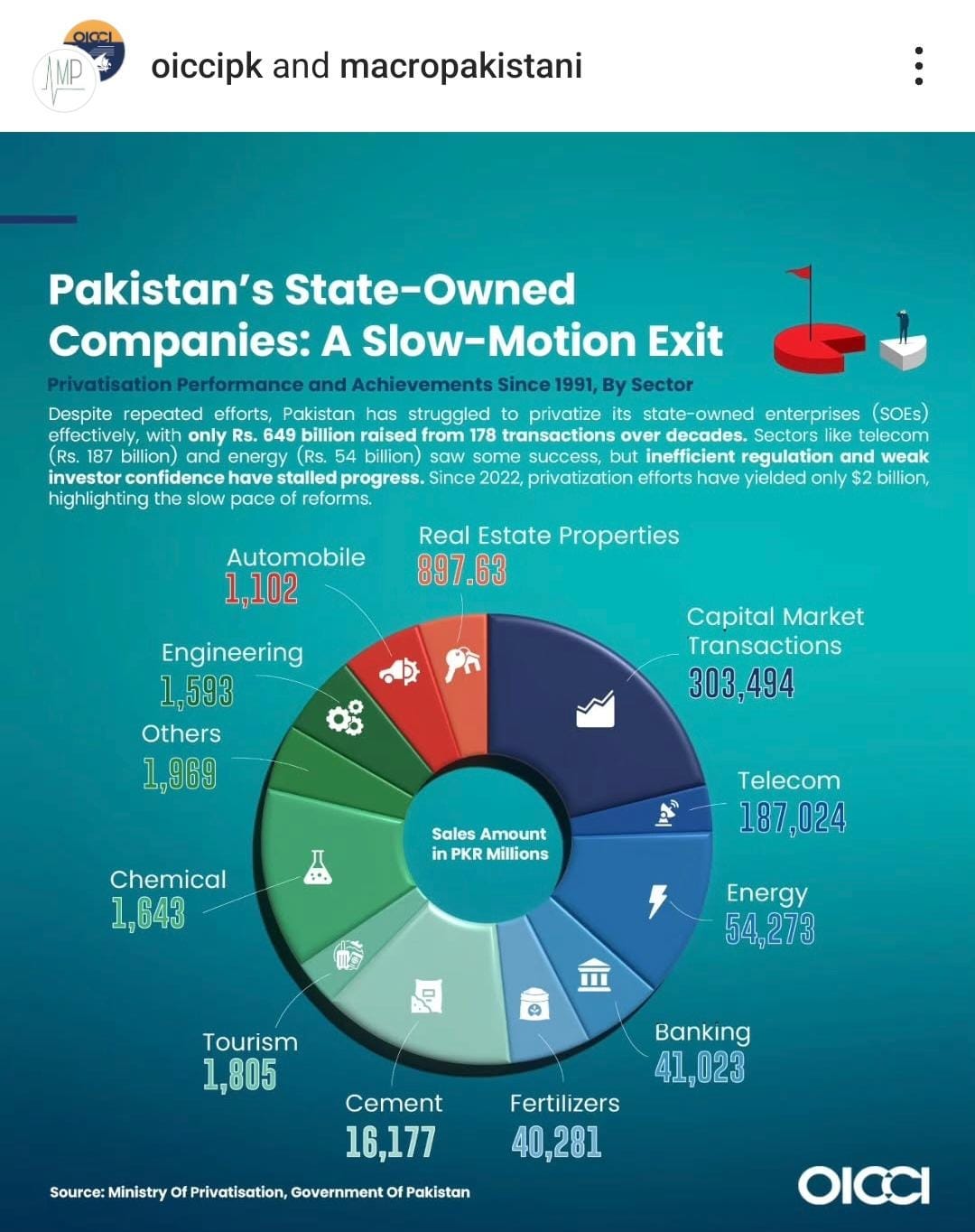Pakistan’s Next Resolution: Economic Independence?
With 23 IMF programs and over $124 billion in external debt, Pakistan's reliance on foreign aid requires a shift.
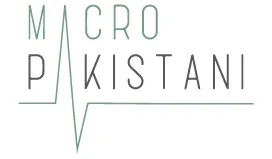
As the Pakistan Resolution (March 23, 1940) foresaw true independence, today’s challenge is achieving economic sovereignty.
Pakistan Day marks the nation’s historic struggle for self-determination, but true independence extends beyond politics to economic self-sufficiency. While Pakistan’s geostrategic importance has shaped its global partnerships, reliance on external support has often delayed essential reforms. Today, as economic challenges persist, the need for self-reliance is greater than ever. Just as political freedom was won through collective resolve, economic sovereignty requires investment in human capital, industrial growth, and trade competitiveness. For instance, at independence Pakistan had a weak industrial base, relying on imports. To achieve economic independence, it prioritized industrialization, with Adamjee Jute Mills (1951) in East Pakistan becoming a key export hub. However, the 1971 secession led to its loss, exposing Pakistan’s industrial vulnerability and reinforcing the need for a stronger, self-sufficient industrial base, but Pakistan has remained a more or less closed economy since then despite reforms in the 1990s. Thus, the country is highly reliant on imports, foreign assistance, and political support from allies.
This persistent reliance on external aid and associated risks signifies the urgent need for Pakistan to shift from geostrategic maneuvering to geoeconomic self-sufficiency. Historically, the country has leveraged its strategic location to secure foreign aid and security partnerships, but this approach has not translated into long-term economic stability. Instead, it has fostered a cycle of external dependence and structural inefficiencies. Recognizing this, the National Security Policy (2022-26) emphasizes economic security as the foundation of national security, advocating for regional connectivity and development partnerships.
To break free from financial instability, Pakistan must transition from an aid-driven economy to one centered on trade, investment, and industrial diversification. Strengthening regional connectivity, particularly through CPEC and trade linkages with Central Asia, can position Pakistan as a vital economic hub. However, achieving this requires domestic reforms, infrastructure development, and a focus on human capital to enhance competitiveness.
Economic independence, like political sovereignty, demands a strategic vision, long-term planning, and resilience to navigate global economic shifts. The crucial factor in the Pakistan Resolution was the visionary leadership of the Muslim League and unity among Muslims.
Can Pakistanis unite once again to craft a resolution for economic independence and prosperity?
March 23, 2025
GRAPHICS (Some Good News)
Pakistan’s energy sector struggles with inefficiencies due to an outdated distribution network and overburdened infrastructure, despite adding 12,230 MW between 2013 and 2018, as persistent transformer failures and overloaded grids disrupt supply. Additionally, 75% of coal-based electricity relies on imports, making the system vulnerable to price volatility.
Pakistan's privatization process has been slow and inconsistent, facing challenges such as weak regulatory frameworks, political opposition, and lack of investor confidence. Many SOEs continue to suffer from inefficiency, financial losses, and corruption, draining public resources without delivering quality services. In contrast, India has raised ₹4.42 lakh crore (~$53 billion USD) from disinvestment since 2013-14, benefiting from a structured approach that includes clear sector policies, well-regulated processes, and a mix of strategic stake sales and complete privatization.
Macro Pakistanis who read this newsletter can directly give us feedback via Substack chat:
Data Visualization & Marketing Partner: Brand Nib
Visit: https://macropakistani.com/advertise/
Grateful for the ever-growing list of collaborators!
About Us: Macro Pakistani is a data-driven research platform that aims to provide a basic understanding of Pakistan’s economy. If you have an interest in contemporary news but are currently overburdened with sensationalism and specialized vocabulary, we are the platform for you.
How are we doing? Please send us any questions, comments or suggestions by replying to this email.
